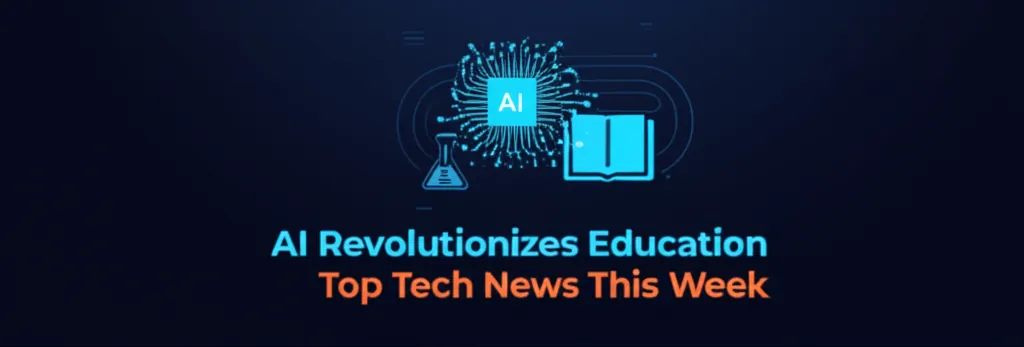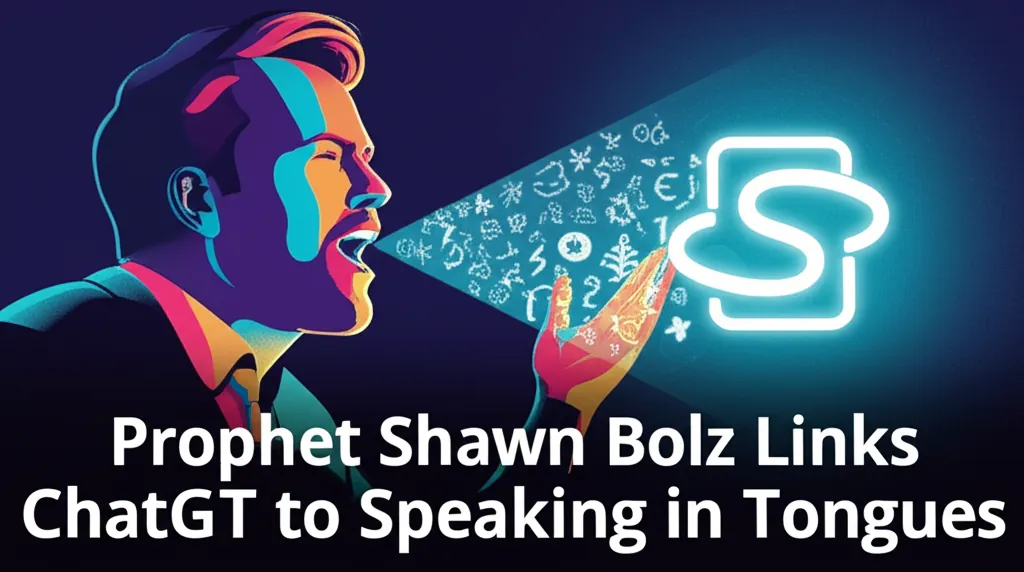Developer Offer
Try ImaginePro API with 50 Free Credits
Build and ship AI-powered visuals with Midjourney, Flux, and more — free credits refresh every month.
How AI Is Transforming Medical Diagnosis Today
A Personal Breakthrough with ChatGPTs Diagnostic Power
The conversation around AI's role in healthcare recently gained significant momentum, sparked by a story shared by OpenAI's co-founder, Greg Brockman. The account detailed how an individual, after suffering for years from a mysterious illness, finally found an answer with the help of ChatGPT.
In a post on Reddit, the user explained their frustrating journey through countless medical tests that yielded no clear diagnosis. Turning to AI as a last resort, they input their entire medical history, including lab reports and a detailed list of symptoms, into ChatGPT. The AI processed this complex information and identified a strong correlation with the A1298C MTHFR gene mutation. After several months of treatment tailored to this specific condition, the individual reported a dramatic improvement in their symptoms.
Microsoft Unveils a New Era of AI Diagnostics
In another major development, Microsoft has made a significant leap forward in AI-driven healthcare. The company introduced its Microsoft AI Diagnostic Orchestrator (MAI-DxO), a tool that has achieved an 85% accuracy rate on real-world diagnostic cases.
These cases, published weekly by the New England Journal of Medicine, are notoriously complex. The MAI-DxO's performance is more than four times as accurate as that of experienced medical teams analyzing the same cases, marking a major milestone for AI in a clinical context. Commenting on such advances, Artificial General Intelligence (AGI) observer Rohan Paul suggested that AI models should be integrated into the standard diagnostic workflow to provide a valuable second opinion.
Tech Giants Bet Big on AI in Healthcare
The immense potential of AI in the medical field is being recognized and heavily invested in by major technology companies. NVIDIA's CEO, Jensen Huang, has predicted that AI will lead the "next astounding revolution" in healthcare and biosciences.
This vision is being backed by concrete action:
- In 2023, NVIDIA began a collaboration with Recursion Pharmaceuticals to accelerate drug discovery using AI.
- Google has rolled out multiple generative AI products specifically created for healthcare environments.
- Microsoft has been particularly aggressive, acquiring Nuance for $19.7 billion in 2022—a company whose technology is embedded in over 75% of U.S. hospitals. In 2023, Microsoft also partnered with Epic Systems, America's largest electronic health records provider, to integrate its generative AI directly into their software.
The Financial Case for AI Healthcare Innovation
The investment community is also taking notice. Cathie Wood, CEO of Ark Investment, has consistently highlighted healthcare as the most undervalued sector for AI applications.
This sentiment is reflected in the market's performance. This year alone, stocks for companies at the intersection of AI and precision medicine have seen remarkable growth. Tempus AI (TEM) shares have climbed by 80.65%, Guardant Health has increased by 65.30%, and Firefly Neuroscience, which is partnering with NVIDIA for AI-powered brain disease diagnosis, has risen by 14.34%.
Compare Plans & Pricing
Find the plan that matches your workload and unlock full access to ImaginePro.
| Plan | Price | Highlights |
|---|---|---|
| Standard | $8 / month |
|
| Premium | $20 / month |
|
Need custom terms? Talk to us to tailor credits, rate limits, or deployment options.
View All Pricing Details

